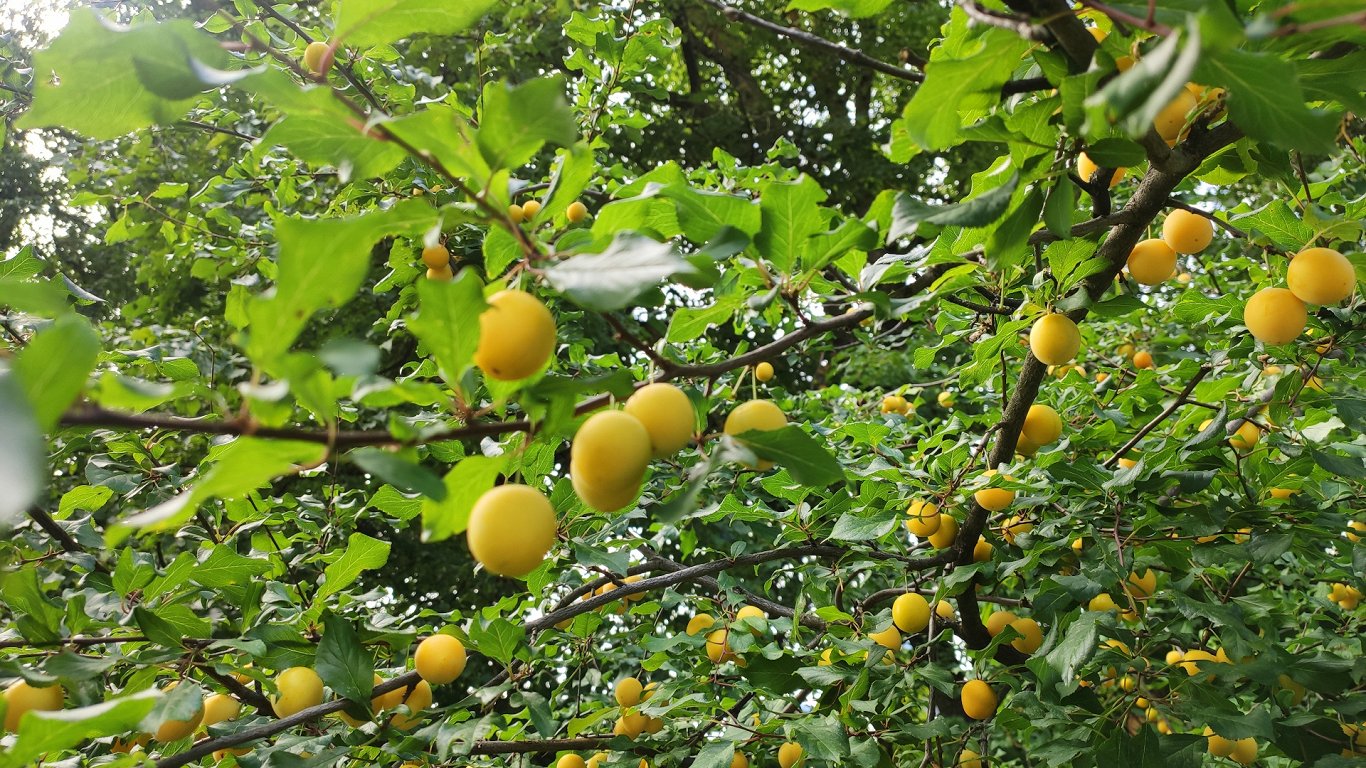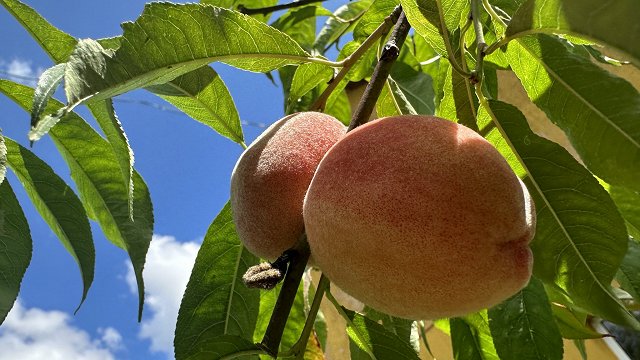In a statement to the media, the association calls it a “spat in the face” for local farmers, consumers of local produce, as well as traders “who have long struggled with unfair shadow economy-supporting competitors.”
The representative of the association Uldis Jaunzems said he is surprised by the support expressed by Agriculture Minister Armands Krauze (Union of Greens and farmers) to restore the 21% VAT rate for fruit and vegetables.
The association believes that removing the reduced rate will lead to a sharp rise in the shadow economy as the local wholesaler will no longer be able to compete in terms of price with traders from neighboring countries.
“It turns out that our previous struggle with the shadow economy has been futile. […] And the local farmer will be forced to reduce the volume of produced production because the buyer will no longer be able to purchase the product he has grown, “Jaunzems said in a statement.
The association emphasized that due to reduced VAT, “the situation in the sector has significantly improved both in restricting the shadow economy and the tendency to deceive shoppers by claiming imported fruits and vegetables to be local has significantly decreased.”
The association recalls that the Ministry of Agriculture previously concluded in a report to the government that “the introduction of the reduced rate has been justified because it has had a positive effect on the fruit and vegetable sector as a whole.”
By restoring the 21% VAT rate for fruit and vegetables, “the Latvian purchaser will be forced to support the garden and fruit grown by neighboring countries. Perhaps in many cases even thinking they were buying a homegrown one. We therefore believe that politicians who have made a pledge before the election to represent the interests of our industry while caring for public welfare and economic growth should be held accountable. First of all, taking responsibility for each decision and its impact,” said Jaunzems.






























